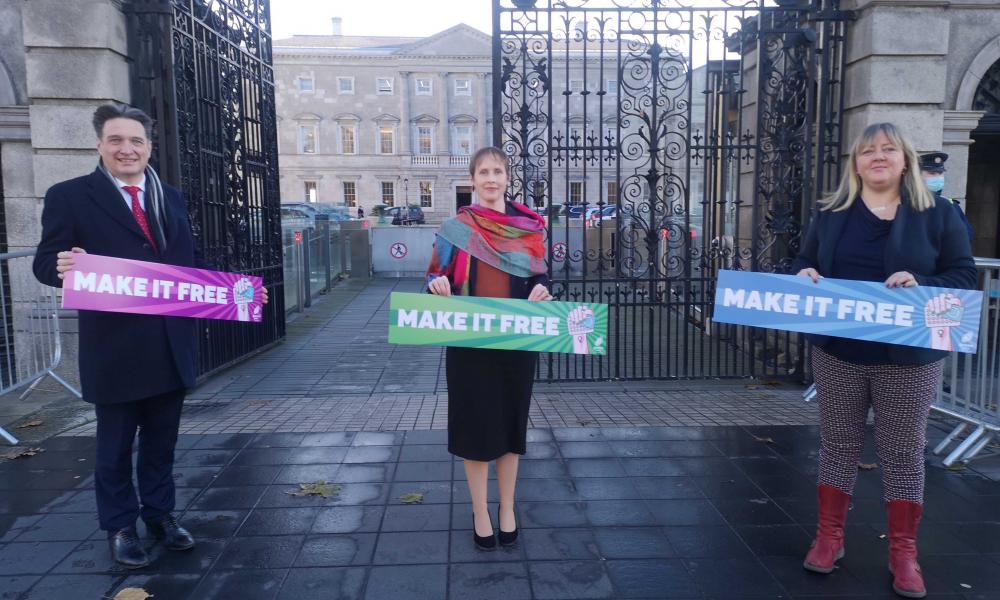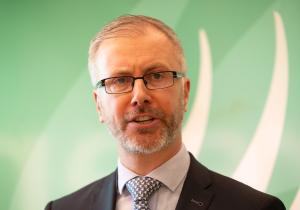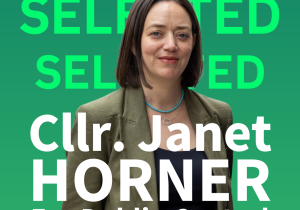Access to free contraception will give young women control over their own bodies and lives

The Green Party has welcomed the government announcement today (October 12) that free access to contraception will be given to women and girls aged 17-25. The scheme is part of a €31 million package for women’s health announced for Budget 2022.
The Green Party has long campaigned for free access to contraception, securing a commitment in the Programme for Government and bringing a motion to the Seanad in December 2020 to seek action on this commitment.
Green Party Spokesperson for Health, Neasa Hourigan TD, who has campaigned on this issue, welcomed the announcement;
“This is a budget that protects young people, and access to free contraception will give young women control over their own bodies and lives, regardless of their financial means. A key inclusion on this scheme is long-acting reversible contraception such as IUDs and implants which are safe, long lasting and quickly reversible. This is an important measure that we negotiated to include in the Programme for Government and I’m proud that we have delivered on that commitment today.”
Green Party Senator Pauline O’Reilly, who brought the motion to the Seanad last year, said;
“Having pushed this measure since we got into government, I am thrilled that it is over the line. Prioritising women’s health care is essential to ensuring we have an equal Ireland for every woman. Repealing the Eighth Amendment was a huge leap forward but it’s not the only reproductive care that is needed. Our next step is set to out a timeline for the development of a scheme for universal free contraception in the lifetime of this government.”
A report on the Working Group on Access to Contraception published in 2019 identified that factors such as local access, cost, embarrassment, inconvenience and lack of knowledge were among the barriers to accessing contraception. It also highlighted that young women and vulnerable groups should be prioritised when giving free contraception.



